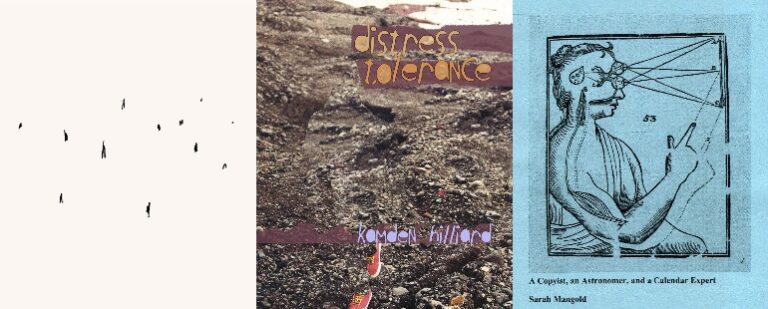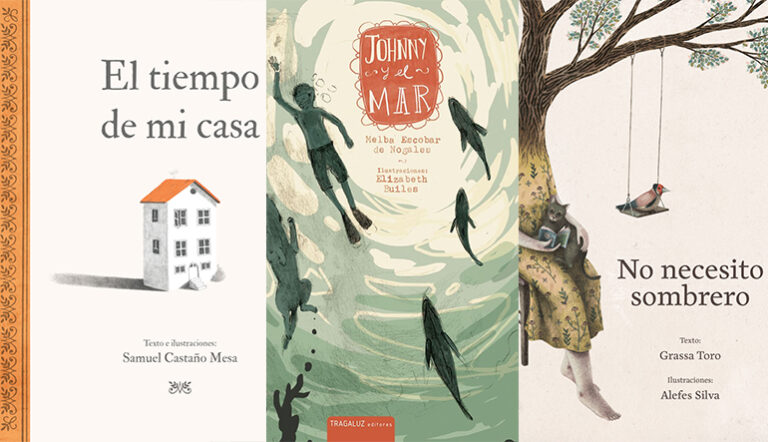Guest post by Bridget Lowe
If you could have dinner with anyone, living or dead, who would it be?
This question has always struck me as an annoying and strange litmus test for I know not what. Anyhow, I think I finally have a pat answer I can provide if I ever find myself on a game show: I would like to dine with the extraordinary Girolamo Cardano.
In the opening pages of Cardano’s The Book of My Life, the famed physician, scientist, astrologer, inventor, philosopher (and more) tells us that “although various abortive medicines […] were tried in vain, I was normally born on the 24th day of September in the year 1500.” He then proceeds to read his horoscope, determining he “could easily have been a monster,” but because the planets fell where they did, he “did not deviate from the human form.”
Since Jupiter was in the ascendant and Venus ruled the horoscope, I was not maimed, save in the genitals, so that from my twenty-first to my thirty-first year I was unable to lie with women, and many a time lamented my fate, envying every other man his own good fortune.
The subject of fortune, good and bad, is a clear interest of Cardano’s when exploring his very full life–and it’s no coincidence that he was an avid gambler who first introduced the concept of probability. But while Cardano could figure the numbers for games, life proved a greater challenge. After his impotence was finally cured, he married and had three children, two sons and a daughter. His family life, his sons in particular, proved a source of distress and deep grief. The eldest boy was tortured and beheaded in prison for poisoning a difficult wife with arsenic, and the youngest was a known criminal who was eventually banished. The losses deeply affected the man, both personally and professionally, as notable clients wanted nothing to do with him– “I know not whether I was more unhappy than hated.” Throughout the book, Cardano both resents his detractors and agrees with them:
In a word, I shall say that I am a man bereft of bodily strength, with few friends, small means, many enemies–a very large part of whom I recognize neither by name nor by face–a man without ordinary human wisdom, inclined to be faulty of memory, though rather better in the matter of foreseeing events.
While contemporary memoir spends a great deal of its time subtly apologizing for so much self-interest, rewarding its reader’s time with carefully placed tidbits of disaster, Cardano dives further and further into the details–we read about his dreams, his clothing, the things he finds pleasure in (stili for writing, gems, metal bowls, painted glass globes, rare books, swimming, fishing), sports and exercises he enjoys, what he looks like, how he makes his salads, etc. That certain banalities are tethered to our earthly lives doesn’t seem to bother Cardano–in fact, the banalities provide him with as much opportunity for insight as the planets and numbers, the raw materials of what are now deemed his more significant cultural contributions.
And while Cardano is consistently willing to discuss what he feels to be his faults, with sections titled “Customs, Vices, and Errors” and “Things in Which I Feel I Have Failed,” he affords his triumphs attention as well, including the section “Testimony of Illustrious Men Concerning Me,” in which he lists 73 important works and why and where he is mentioned in them. He states his very purpose for writing The Book of My Life as an attempt at reconciliation of his private and public selves:
Why then do I trouble to make this examination of myself when I have given testimony so many times of the emptiness of life? My excuse is the praise spoken by some, who think that a man who has attained so much distinction does not have his shortcomings.
So while the chariot of contemporary memoir is whipped up the hill toward meaning, the brambly path of real life runs perpendicular and largely abandoned, save for the distracted, uneven gait of the singular Girolamo Cardano–(we know how he walks because he has a section entitled “My Manner of Walking and of Thinking”). And in case our dinner ever comes to be, I also know what he likes to eat–roasted wild boar finely cut with sharp knives, river crabs, cockles and oysters; I know that he takes “great delight in honey, in cane sugar, dried grapes, ripe grapes, melons,” and above all else finds “olive oil delicious, mixed with salt and ripe olives.” I will also keep in mind that he finds eels, frogs, mussels, and fungi disgusting.
This is Bridget’s eighth post for Get Behind the Plough.


